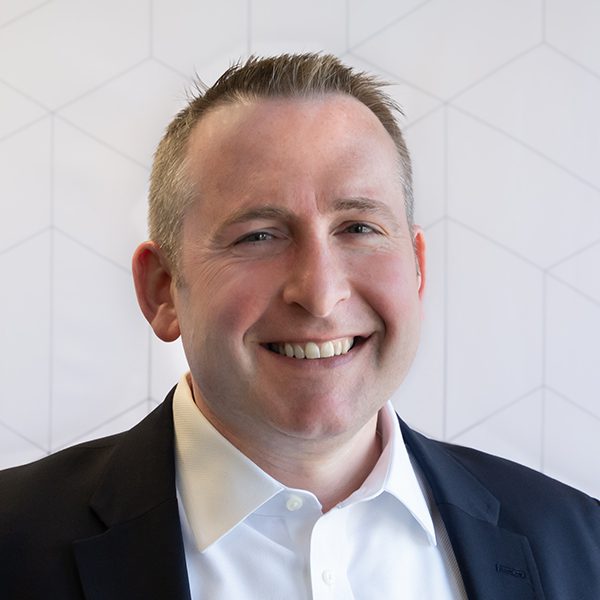
The finalists for WashingtonExec’s Chief Officer Awards were announced April 15, and we’ll be highlighting some of them until the event takes place virtually May 27.
Next is Chief Operating Officer Award finalist John Heneghan, who’s COO at ECS. Here, he talks proud career moments, career advice, focus areas going forward and more.
What was a turning point or inflection point in your career?
It’s hard to define just one turning point, but each inflection point in my career has involved stepping into a new, different and challenging role — getting outside of my comfort zone, stretching myself and taking on a big challenge.
What are you most proud of having been a part of in your current organization?
I am most proud of the amazing, mission-impactful work we do. From the artificial intelligence and machine learning solutions we’ve built to advance current defense and homeland security missions with active and actionable intelligence, to standing up the telehealth.gov website and vaccine tracking systems in just a few short weeks during the COVID pandemic response.
What are your primary focuses areas going forward, and why are those so important to the future of the nation?
Three primary areas are AI/ML, agility and cyber. We are focused on AI/ML and data analytics solutions, supported by a robust AI Ethics program, in order to help our nation emerge from the Information Age into the Cognitive Age. Our government must maneuver with more agility to meet health and public service challenges, meet regulatory requirements and stay in front of our adversaries and economic competitors. I believe data analytics will lead the way.
We are also focused on cybersecurity and critical infrastructure protection — buoyed by advanced AI/ML capabilities — to better safeguard our nation. We remain focused on agile and DevSecOps delivery models to deploy modern, flexible system architecture, which enables our federal government customers to bring new and enhanced services to market faster and with more downstream flexibility to adapt as missions evolve.
How do you help shape the next generation of industry leaders?
I stress the importance of mission commitment and challenge our teams to increase the value of our service to the customer. How can we help the customer be more productive and efficient? How do we help them deliver higher-quality service to their stakeholders for every dollar invested in ECS? With that mindset, more impactful work opportunities and stronger company performance will follow.
Which rules do you think you should break more as an industry leader?
Across government and industry alike, don’t be afraid of change. Fear of failure drives the worst decisions, fosters paralysis and prevents individuals and teams from making impactful change. Push that fear away and don’t be afraid to take calculated risks. Don’t be afraid to fail. Challenge the status quo to advance your organizational goals.
Looking back at your career, what are you most proud of?
I am most proud of the successes achieved by the people I have mentored along the way. I like to think that I have been good at recognizing individuals’ strengths and motivations and helping them achieve their career growth goals while meeting the organization’s goals.
I believe that if you put individuals in the position to stretch beyond their comfort zone, while providing the support and resources to be successful, they will perform beyond expectations. There is no greater sense of accomplishment for me than to see people that I have mentored, who may have once been forgotten in an organization, shine and go on to achieve even greater levels of success.
What’s your best career advice for those who want to follow in your footsteps?
First, care. Care about the mission. Care about the purpose of your work. That is why we are in this industry. Work diligently to understand your stakeholders and help them achieve their goals. You will stand out as a leader among your peers when you demonstrate intention and commitment to the mission, values and goals of your stakeholders.
Second, value the diversity and strengths of your teammates. Leverage them fully. Surround yourself with great people of different backgrounds, experiences and thoughts.
Third, be confident but self-aware. Know what you don’t know. Know your weaknesses. Know your strengths. Know what energizes you and what deflates you.
Fourth, be positive. I have often been accused of being an optimist, but look: We evaluate risks in any plan and build in an approach to mitigate them. Dwelling on the downside isn’t going to help you and your teams meet your goals. People thrive on positive, forward-focused energy.

